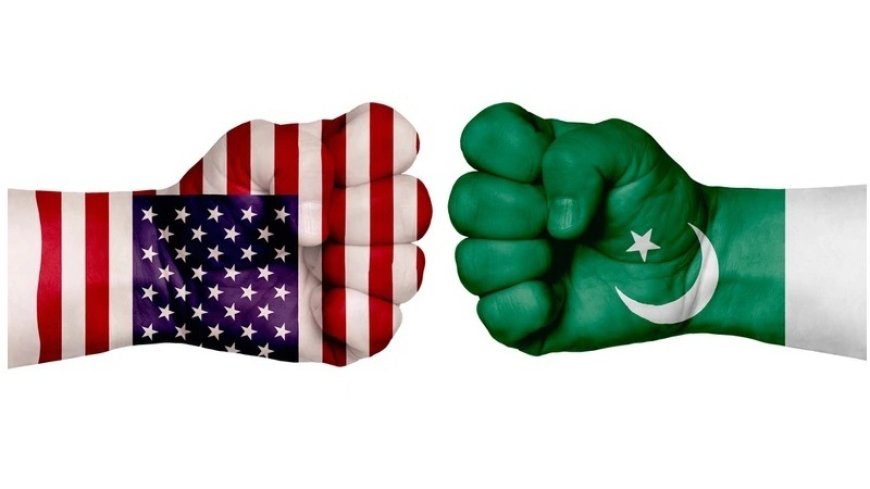Islamabad Denounces U.S. Intervention in Domestic Affairs Following Congressional Resolution
Islamabad has sharply rebuked the United States for what it perceives as unwarranted interference in Pakistan's internal matters. This reaction follows a resolution passed by the U.S. House of Representatives questioning the legitimacy of Pakistan's general elections scheduled for February.

In response, Pakistan's National Assembly unanimously adopted a resolution condemning the U.S. action. The Pakistani lawmakers described the U.S. allegations regarding Pakistan's electoral process and political practices as baseless. They urged Washington to focus instead on addressing human rights violations against Palestinians and the humanitarian situation in Gaza.
"Pakistan is an independent and sovereign nation," the resolution asserted. "Its people will never bow to external interference."
This sentiment was echoed by the spokesperson for Pakistan's Ministry of Foreign Affairs, who condemned the U.S. resolution as arbitrary and intrusive. The spokesperson emphasized that Islamabad had conveyed its serious concerns to Washington, reiterating that no country should meddle in Pakistan's internal affairs.
Adding to the criticism, Pakistan's Defense Minister also condemned the U.S. stance, highlighting America's historical role in undermining democratic governments throughout the 20th century and accusing it of facilitating the current humanitarian crisis involving Palestinians.
Historically, Pakistan-U.S. relations have been complex, characterized by periods of close cooperation and significant tension. During the Cold War, Pakistan was a key ally of the United States, receiving substantial military and economic aid. However, relations soured over issues such as nuclear proliferation and differing strategic interests in the region.
In recent years, U.S. concerns about Pakistan's political stability and counterterrorism efforts have occasionally strained bilateral ties. The latest U.S. congressional resolution appears to have touched a nerve, prompting a robust defense of national sovereignty from Pakistani leaders.
This diplomatic clash comes against the backdrop of Pakistan's ongoing challenges, including political instability and economic difficulties. The February elections are seen as critical for the country's future, with both domestic and international stakeholders closely watching the process.













































